- Home
- Blogs
- Yoga, Meditation & Fitness
- Invite tranquility by practicing yoga for anxiety
- Invite tranq...
Invite tranquility by practicing yoga for anxiety
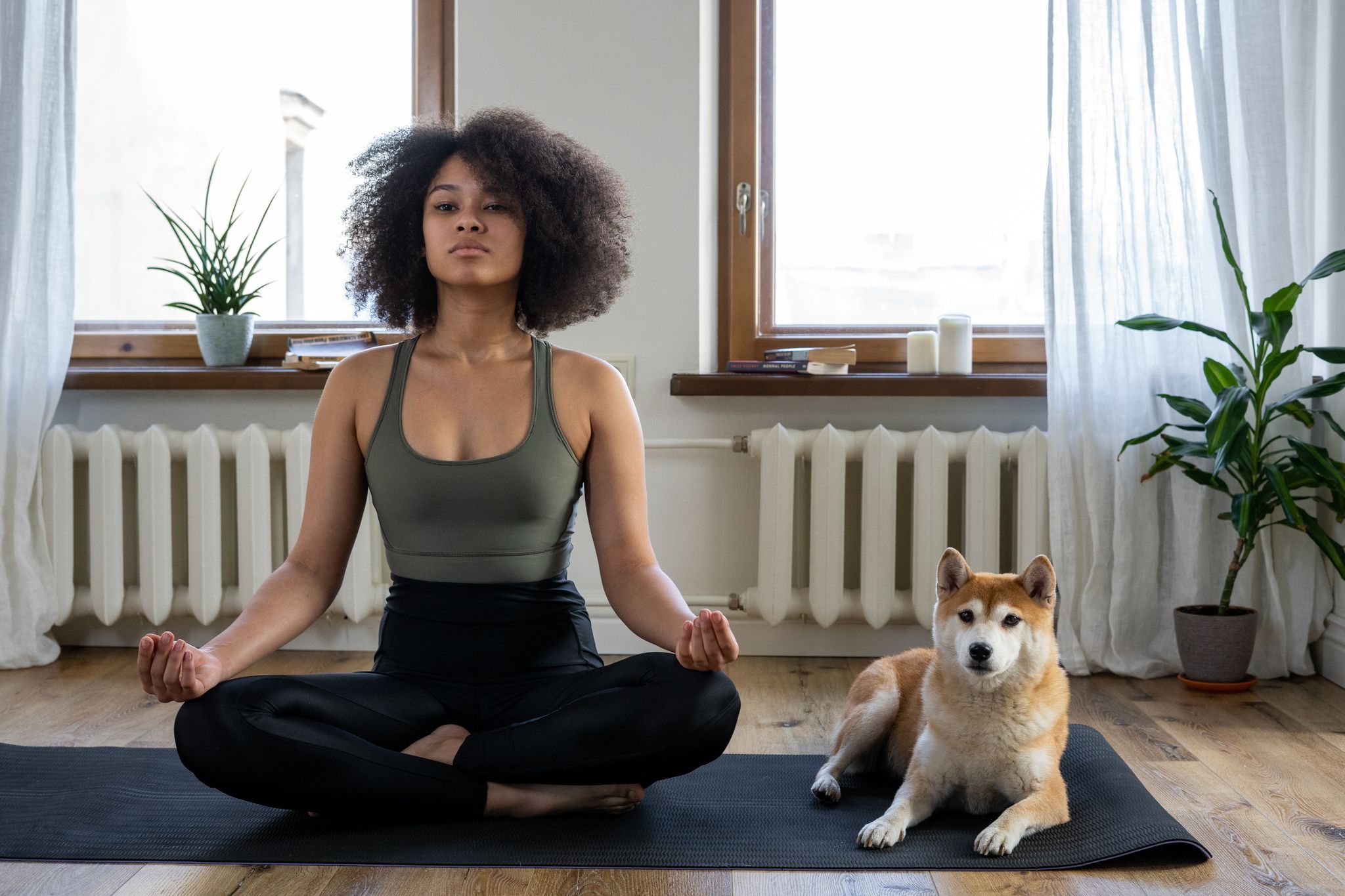
Incorporating yoga in your daily routine is essential to remain healthy and fit as yoga is not only about your physical fitness but it envelops mental fitness in its approach. Mental health and well-being are vital not only for your inner self but also for the people around you. As May is mental health month, let’s have a much-needed discussion on anxiety and the need for yoga for anxiety disorder.
In this article:
- What is anxiety?
- Symptoms to know if you have an anxiety disorder
- How can yoga help overcome anxiety?
- Health benefits of yoga for anxiety relief
- FAQs related to yoga for anxiety
What is anxiety?
Did I put clothes in the dryer? Oh, I need to finish this deck, I will have to make my kid study for tomorrow’s English test, I am running late for client meeting, oh why is this elevator taking so much time? Uhh! We all are victim of non-stop rushing of such chaotic thoughts. Life is a hectic blur of work deadlines, client meetings, household chores, unproductive commute time, children’s demands and million odd things. Juggling between all of these drains your energy, making you stressed and eternally anxious. Being an anxious person poses harm not only to you but also to your surroundings. To help you smoothen the creases of such unavoidable thoughts, we have delved deeper on the word ‘anxiety’.
Anxiety is superlative of nervousness. While nervousness is fear or having cold feet about something, anxiety is the clouding of different thoughts at the same time. The thoughts that run on mind during the period of anxiety could be interlinked or it could be totally disjoined with each other. When left untreated, the carousel of anxious thoughts will suck you in its whirlpool and manifest into serious conditions like anxiety disorder and depression.
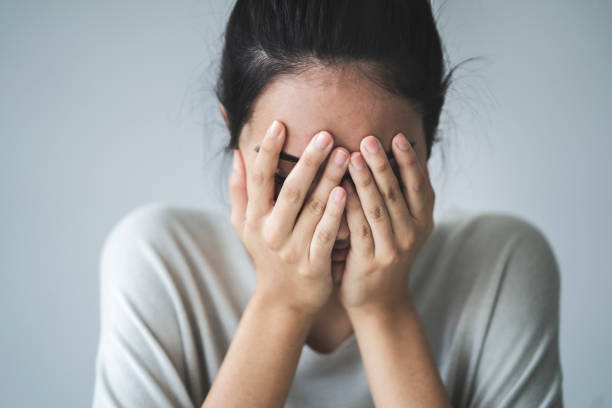
Symptoms to know if you have anxiety disorder:
- Irregular heartbeat or breathlessness
- Feeling of sheer panic and unfounded fear
- Ruminating on negative thoughts
- Obsessive thinking led fatigue
- Sweaty palm and feet
- Restlessness or edgy feeling
- Loss of focus or ‘brain fog’
- Feeling nauseous
- Trouble concentrating
How can yoga help overcome anxiety?
Anxiety impairs the ability to connect to the present moment. Yoga on the contrary helps you connect to the present, a perfect antidote to your anxious nerves. Being anxious means you are totally out of control of your situation and emotions whereas yoga helps you to experience emotions fully minimizing distractions. As yoga optimizes your overall health and not just physical health, it is one of the most sought-after lifestyle modifications to strengthen your mental balance. There are different types of yoga for anxiety, depression and stress that you could practice when you are distressed by anxious thoughts or excessive worry.
Some of the poses of yoga for anxiety and stress relief are:
Tree pose – This pose is best to improve your focus, restrict unnecessary clouding of thoughts and eliminate anxiety triggers.
- Get up on your feet
- Gently raise your right foot
- Place it toward the inside of your left leg
- Join your hands like you pray or place it hanging on your sides
- Be in this pose for 2 -3 minutes
- Change your foot and repeat the pose
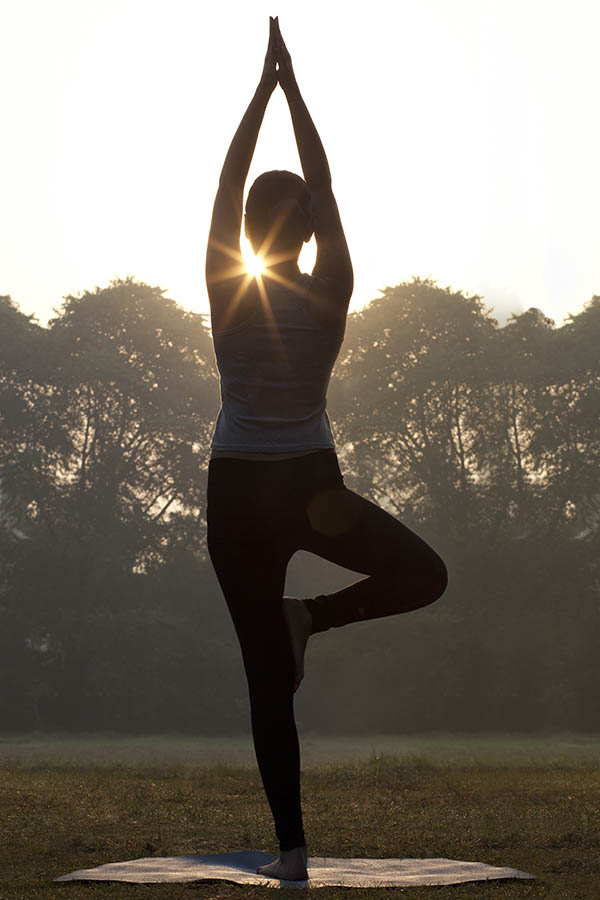
Stand and forward bend – This is a classic position to relax a distracted mind and relieve tension from your body
- Stand on your feet
- Place your hands on your hips
- While folding forward, let out the breath
- Bend your knees in forward bend
- Go down with your head and neck hanging toward the floor
- Be in this pose for a minute and repeat for best results
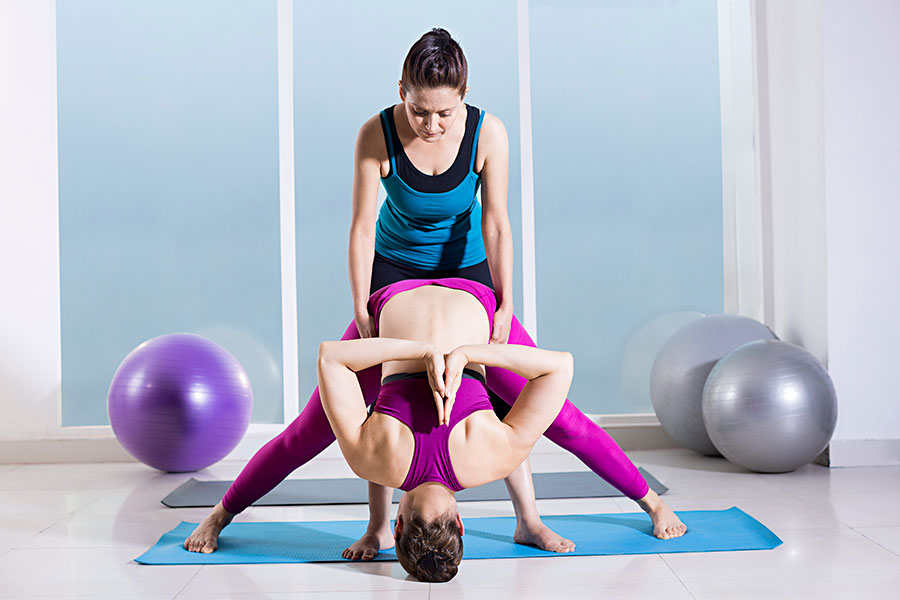
Legs-up-the-wall pose – This yoga pose boosts sleep, relaxes you from fatigue caused by stress and anxiety
- Sit against a wall
- Lie down on your back and keep yourself close to the wall
- Gently move your legs up along the wall
- Breathe softly and relax your body
- Stay in this posture for few minutes
Breathing exercises like Pranayam and Meditation - Turn your focus inward by breathing slowly. Pranayam, meditation, Kapal Bhati pranayama, and alternate nostril breathing techniques are healthy strategies to control your racing thoughts and overcome fear. When your breathing is deep, you feel relaxed, happy and at peace. Breathing exercise is an important component of yoga for anxiety and depression and also a healthy coping mechanism advised by health experts.

Journal your thoughts – Always keep a journal handy to write down your thoughts. Journaling is a journey of obtaining singular focus. Lack of focus is one of the symptoms of anxiety. To collect the scattered thoughts, write down the thoughts that weigh you down. Be mindful on one particular thought and not let your mind wander. Journaling is a beautiful way to introspect and reflect, which is a technique in yoga to relieve one from anxiety and stress.
- Sit in a comfortable position or your favorite corner
- Choose a writing prompt or a gratitude post
- Gently take in few deep breaths and engage with your senses
- Write or express your thoughts freely without any hesitation
A few minutes of journaling increases clarity in your thoughts, reduces your stress and is very therapeutic.
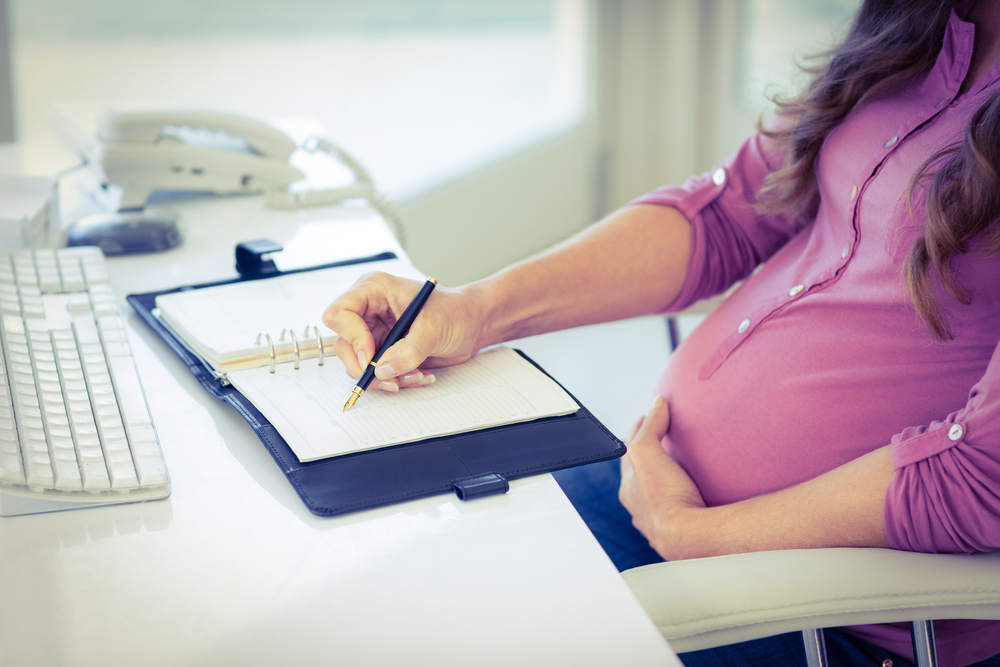
Health Benefits of Yoga for anxiety relief:
- Yoga elevates your happy hormones like endorphins and reduce the level of stress hormones
- Yoga mainly focuses on your breathing which is very important to collect your wandering thoughts
- It reduces mental chatter and pours inner calm inside you
- Yoga therapy is safe in comparison to the medications prescribed to treat anxiety and depression
- When you achieve inner peace, automatically your sleep routine strengthens
- It boosts mind body awareness and decreases the impact of negative emotions
- It drives more confidence and makes you master of your thoughts
- Helps in slowing down and be more aware of your surroundings
- Yoga is highly beneficial for your happiness and well-being
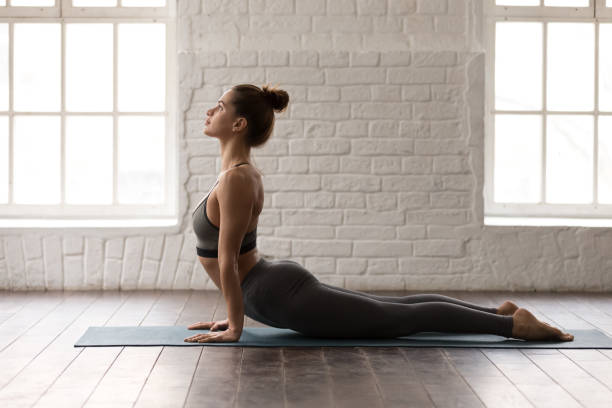
FAQs related to yoga for anxiety:
Will I require medications in addition to yoga for my anxiety and depression?
While yoga is a powerful tool in reducing your anxiety and keeping you away from depression, it is better to see a mental health therapist if you are facing severe case of anxiety disorder or depression related disorder. Yoga is advised by many experts and produces wonderful healing in the scope of anxiety but it is not a substitute for medicine. Seek help/counselling and get a right treatment/coping mechanism for your condition. Lifestyle changes, a mindful yoga regimen, healthy choice of food and recommended medicines, collectively, will promise wonderful result for any anxiety led conditions.
Leave a Comment
Blogs
Popular Posts
Get the latest from Newmi
Subscribe to get Email Updates!
Thanks for subscribe.
Your response has been recorded.
COPYRIGHT © 2025 KA HEALTHCARE PVT LTD - ALL RIGHTS RESERVED.
Disclaimer: NEWMI CARE does not cater to any medical/Pregnancy or psychiatric emergencies. If you are in a life-threatening situation, please do NOT use this site. If you are feeling suicidal, we recommend you call a suicide prevention helpline or go to your nearest hospital.

0 Comment